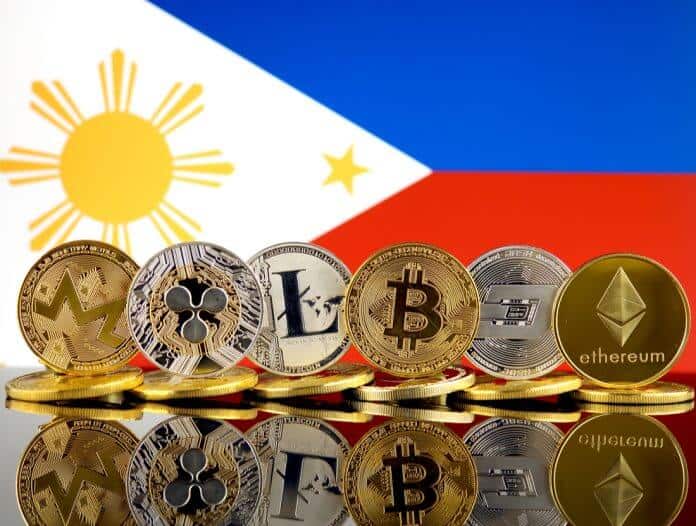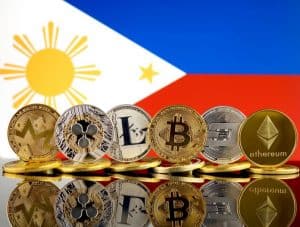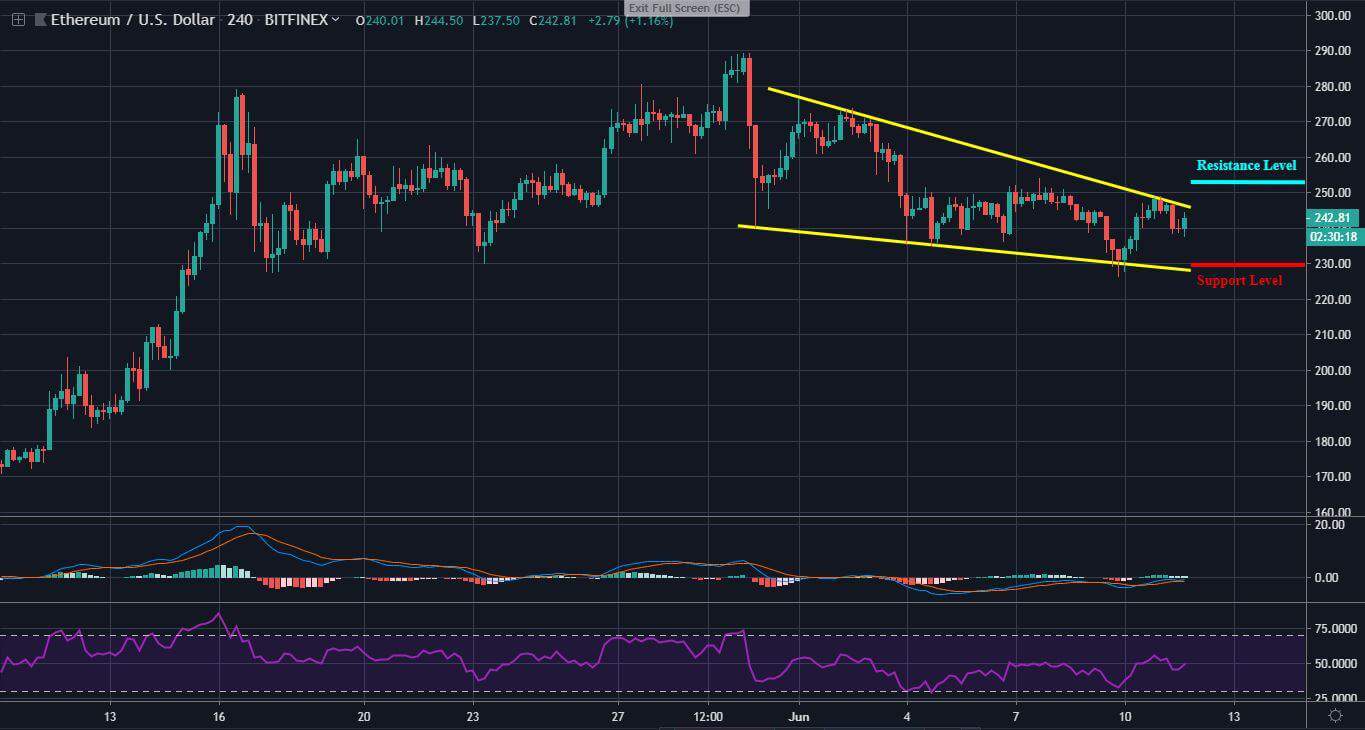Join Our Telegram channel to stay up to date on breaking news coverage
Cryptocurrency may be a booming sector in some parts of the world, but for the Philippines government, it represents a potential threat that requires close monitoring.
On Monday, June 10, in a report published in the local English newspaper The Philippine Star, the Governor of the Philippines Central bank, Benjamin Diokno, warned against the potential use of cryptocurrency for terrorism financing. Diokno said because of the anonymous nature of bulk transactions done with digital currency, it is easy for terrorist activities to be sponsored without suspicion.
According to the report, Diokno added that to buy cryptocurrency like Bitcoin, would now be closely monitored by the Bangko Sentral ng Pilipinas (BSP).
To further back the stance of the BSP governor, Deputy Governor Diwa Guinigundo questioned the validity of cryptocurrency as a unit of exchange, medium of exchange or a store of value. At the launching of an unnamed book about bitcoin trading, he pointed out that the volatile nature of the currency renders it unfit to serve all of the stated purposes.
“Bitcoins are limited in use at these points, value is very volatile.”
However, the beneficial potentials of cryptocurrency are not altogether lost on Guinigundo. In his remarks to the Philippine Star, the BSP VP acknowledged the importance of virtual currencies for payment and for peer-to-peer exchanges.
“For this reason, game theory dictates possible dysfunction when there is a market breakdown, when everyone may distrust one another. There cannot be a total disregard for a central bank or a third party that provides lender of last resort facility.”
The BSP administration’s fears stem from the unprecedented growth of digital currency adoption and exchange in the Philippines. Latest data from the BSP’s Technology Risk and Innovation Supervision Department revealed that the number of transactions involving virtual currencies almost doubled to $390.37 million last year from $189.18 million in 2017.
In the same data report, conversion from fiat currencies to cryptocurrencies facilitated about $208.27 million, conversion of cryptocurrency into fiat did $173.33 million, and crypto-facilitated international inward remittance pulled in $8.77 million.
Because of this undeniable growth of the sector, the Philippines government established a formal regulatory framework for virtual currency exchanges in February 2017. Although bitcoin trading was officially legitimized in the country, the implemented regulations require all domestic cryptocurrency exchanges to register with the BSP and ensure adherence to AML, consumer protection, and tech risk management laws.
However, the Philippine government’s fears are not unfounded. According to a report released by Singapore-based media, The Straits Times, there are already flying suspicion of large funds used for terrorism purely transacted with cryptocurrencies.
Sources told The Straits Times that the identity of some of these obscure financial movements on the Web has been uncovered, but could not be disclosed for the sake of operational security. Malaysian criminologist P. Sundramoorthy, also affirmed the potential of cryptocurrency for terrorism funding. He added that such an occurrence would be devastating as terror groups could be expected to execute attacks after receiving the funds.
However, in a recent study by the Royal United Services Institute (RUSI), the British Intelligence debunked the rumored threats of cryptocurrencies used for funding terrorism projects, stating that such claims were blown out of proportion.
An independent consultant with RUSI, Mr. David Carlisle, remarked that cryptocurrency is not, in itself, a potential threat and that viewing it as such created the impression that fiat currencies are not already being used to fund terrorist activities globally.
Philippines’ safety measures cannot, and should not be discouraged, however, seeing as the country is still recovering from the 2017 battle of Marawi, which ended in October after a five-month siege.
Join Our Telegram channel to stay up to date on breaking news coverage


